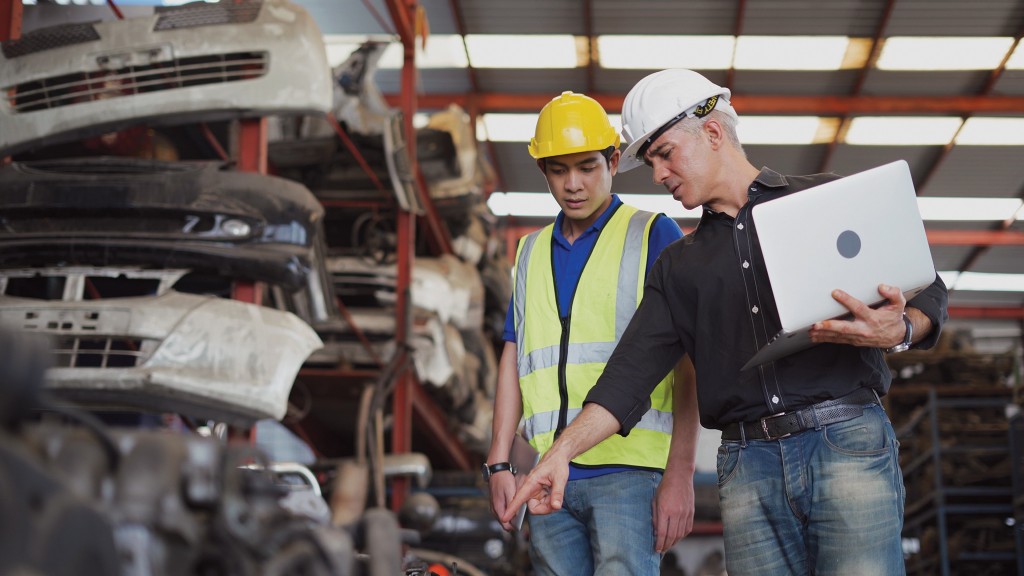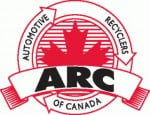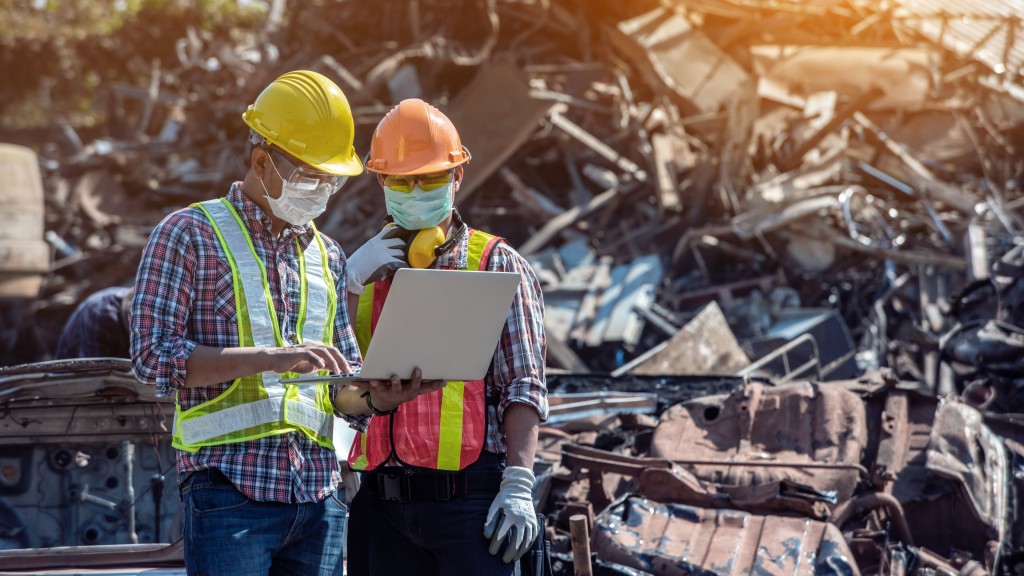Move over, 3Rs: Auto recyclers are at the forefront of the circular economy

We all grew up with the 3Rs for turning waste into resources: reduce, reuse, and recycle. Most people think of the Blue Box when they think of the 3Rs, but those programs only focus on the last R. While important, recycling is the last priority in what has become a linear way of thinking: make, use, dispose.
A term like "auto recycling" actually encompasses a wide variety of activities. For members of the Automotive Recyclers of Canada (ARC), those main activities (i.e., main revenue sources) are the re-use of auto parts and the recovery of materials that have value (i.e., metals) for recycling. But auto recycling actually encompasses even more than that: managing collection and logistics to move end-of-life vehicles (ELVs); processing ELVs to manage the hazardous wastes that they hold; shredding depolluted hulks to access their metals; sorting those metals into ferrous and non-ferrous streams; moving those metals to be re-used in the making of something new; and using the recycled materials in manufacturing. Who is the actual auto recycler in that ecosystem? All of them, to some degree.
Like many things in this world, the simplicity of the 3Rs is getting more complex as we learn, innovate, and respond to external signals for efficiency, cost-reduction, and, more importantly as of late, climate change.
Enter the circular economy (CE). The International Standards Organization defines CE as an economic system that uses a systemic approach to maintain a circular flow of resources by regenerating, retaining, or adding to their value while contributing to sustainable development. Climate change and net-zero requirements are driving a lot of activity in the CE world.
It used to be that auto recyclers were deemed to be relevant only at the end of life of a vehicle. We used to call these products that we break down into parts and materials "end-of-life vehicles" (and most still do). But, with CE impacting many aspects of commerce and governance, there is no "end of life" anymore. Everyone in the supply chain is at the beginning and end, making upstream and downstream relationships important for CE to work.
We witnessed this at the CARI-ARC Convention held this year in Halifax, Nova Scotia. What seems like two industries to outsiders is actually an interwoven ecosystem that has more in common than not. As the CE has taught us, we all need to get along and we all need to interact.
It's now generally agreed that there are 10Rs that provide different approaches to make a product or system more circular.
I would like to add three more Rs. They are not actions; they are concepts that enhance the functionality of a CE system: reward, respect, and responsibility.
Reward There needs to be the right financial incentives available to the supply chain to make the right investments and relationships. Once governments get involved in establishing incentives or system design, efficiency (and profitability) is usually sacrificed. And making OEMs solely responsible for the system means they own the system. In our world, OEMs are great at assembling vehicles, but they can't possibly understand or work with all of the relationships in an entire supply chain.
Respect The circular economy has no start or finish, no head or tail. Each segment needs to have all of the other segments involved, consulted, understood, and, in the end, respected.
Responsibility Auto dismantlers are experts in how vehicles come apart to recover their parts and materials. Shredders are experts in separating out valuable materials for recovery. Everyone in the CE ecosystem for vehicles has a role to play, and they need to own that space. I use the term "own" in a broad way - they need to be that expert and continuously improve and refine their processes to keep up with and push their suppliers and customers.
Auto recyclers are oftentimes called the "original recyclers." They were recycling before it became a consumer standard. And they figured out how to make an industry out of other people's discards that has been profitable and remains profitable. The circular economy for vehicles opens up more opportunities for auto recyclers, and, for the most part, auto recyclers don't need to adapt to CE – they have embraced the principles and activities for decades.



